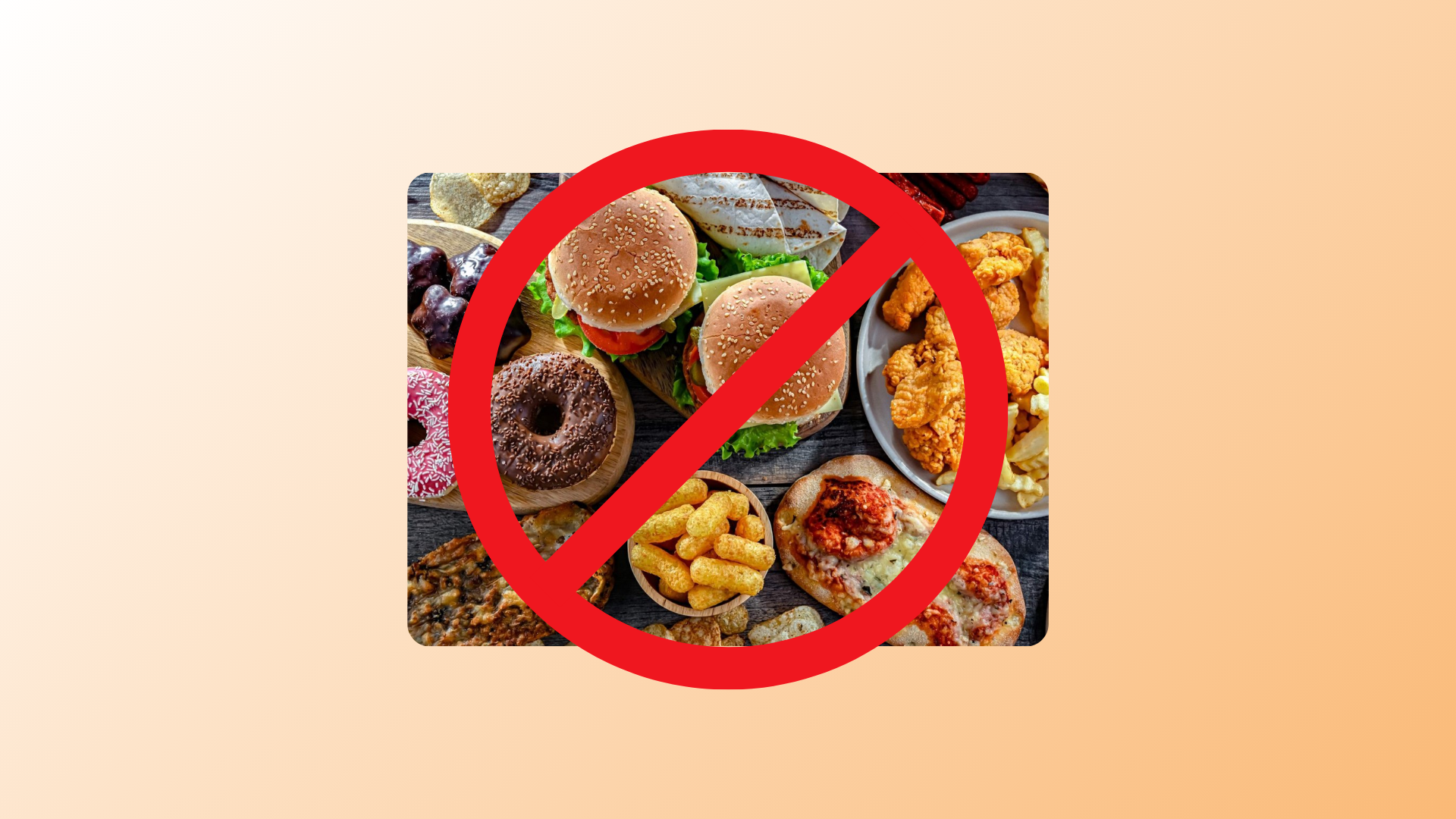Social SEO Guide for Food Brands: Adapting to the UK 2026 Junk Food Advertising Rules

The UK Government has delayed the start date for the Advertising (Less Healthy Food Definitions and Exemptions) Regulations 2024. Instead of October 2025, the rules will now legally come into force on 5 January 2026.
For food and drink brands, this delay is not a pause button. From October 2025, the government still expects voluntary compliance. With paid advertising restrictions on the horizon, the smartest move now is to strengthen social media and social SEO strategies.
The Rules in Brief
The new regulations will:
- Restrict ads for less healthy foods before 9pm on TV and video on demand.
- Ban most paid-for online ads for these products.
Social Media and SEO Focus
With paid placements becoming less available, organic visibility is critical. Brands should:
- Build content optimised for social search. Short-form video recipes, lifestyle tips, and nutritional education are all formats that platforms reward.
- Create content that naturally ranks in platform search results by focusing on high intent queries such as “healthy snack ideas” or “quick family meals.”
- Use keyword research to identify how audiences are searching for food content across Instagram, TikTok, YouTube, and Pinterest.
Brand Advertising Ambiguity
The current debate is whether brand campaigns without explicit product shots could still be restricted if audiences connect them to less healthy foods.
Social Media and SEO Focus
To prepare, food brands can:
- Shift storytelling toward brand purpose, community involvement, and healthier product lines.
- Use platform SEO to connect these stories to trending searches, such as “sustainable food brands UK” or “better for you recipes.”
- Optimise captions, hashtags, and video titles with searchable terms that emphasise wellness, responsibility, and lifestyle over indulgence.
Industry Response
Advertisers and broadcasters are relieved at the delay. Public health campaigners are critical, and the government insists voluntary compliance begins October 2025.
Social Media and SEO Focus
Brands can take control of perception through social channels by:
- Announcing voluntary compliance via transparent social content that reinforces responsibility.
- Publishing thought leadership posts and explainer content that link the brand to healthier living and community values.
- Creating shareable, search-friendly video content that demonstrates reformulation efforts or showcases healthier ranges.
Defining Brand Advertising
There is still no formal definition of what counts as brand advertising. Government hints suggest ads promoting corporate responsibility, customer experience, or healthier products may be acceptable.
Social Media and SEO Focus
Food brands should prepare by:
- Creating distinct social series that highlight healthier products, recipes, and lifestyle tips.
- Using tagging and categorisation on platforms to make healthier content discoverable in search.
- Producing evergreen videos and posts that can remain relevant and visible in search over time, regardless of future guidance.
Preparing for 2026
Although the legal start date is January 2026, the government expects voluntary compliance from October 2025. Brands should use the coming months as a testing ground for organic-first strategies.
Social Media Action Plan
- Shift from Paid to Organic
Reduce reliance on paid ads for less healthy products and invest in TikTok, Instagram Reels, YouTube Shorts, and Pinterest, where organic reach remains strong. - Prioritise Social SEO
Optimise captions, hashtags, and video titles around high intent searches such as “healthy snack ideas” or “quick family dinners.” Audit existing content to emphasise healthier products and lifestyle themes. - Test Before October
Experiment with different formats and keywords now to see what performs best. Build partnerships with creators who can drive reach without paid promotion. - Create Evergreen Content
Develop content series like “family food hacks” or “healthy swaps” that stay relevant and continue to rank in platform searches over time.
Why Acting Early Matters
By October 2025, audiences and regulators will already expect compliance. Brands that prepare now with strong social SEO and organic storytelling will be in a much stronger position when enforcement begins in January 2026.
Social Media and SEO Focus
Now to October 2025
- Test organic-first campaigns on TikTok, Instagram Reels, YouTube Shorts and Pinterest.
- Build content hubs around high intent social search queries such as “healthy snack ideas” or “quick family dinners.”
- Optimise captions, hashtags and video titles to align with the way audiences search.
- Partner with creators to extend reach without relying on paid promotion.
October 2025 to January 2026
- Transition fully away from paid online ads for less healthy foods.
- Focus on community building and user generated content to deepen engagement.
- Double down on evergreen series like “family food hacks” or “healthy swaps” that remain visible in platform searches.
- Strengthen brand storytelling through search optimised content that highlights responsibility, lifestyle and healthier ranges.
Final Thoughts
The advertising landscape is shifting and social media will carry more weight than ever. Food brands that adapt early, master social search and create optimised, engaging content will not just comply with regulation but also build a stronger and more sustainable digital presence. Those that lean into organic visibility now will be the ones thriving long after the rules come into force.
Explore Our Latest Insights
Stay updated with our latest articles and resources.





Ready to elevate your marketing strategy?
Let’s add some spice to your next campaign 🌶️






